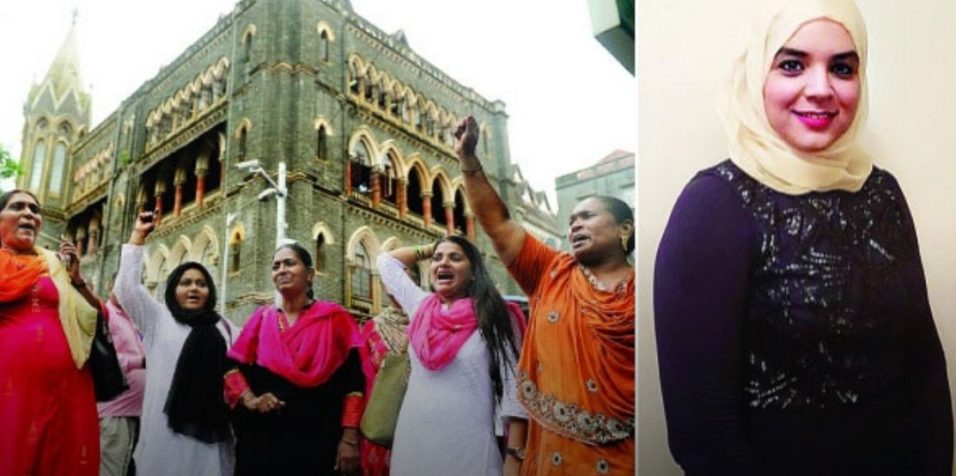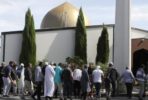There is widespread Islamophobia in the world today and Islam, that literally means ‘peace’, is continually vilified. The religion has perhaps come under maximum criticism for its alleged mistreatment of women. However, Muslim women feel that Islam is at the forefront of gender justice and it has been misinterpreted by proponents of patriarchy to subjugate women over the ages.
An equal Quran
Zakia Soman of the Bharatiya Muslim Mahila Andolan (BMMA) says, “The Holy Quran says man and woman are equal in the eyes of Allah and will be rewarded equally for their good deeds on the Day of Judgement. They will also be punished equally for their bad deeds.” Soman is the co-founder of BMMA that has been at the forefront of fighting for women’s rights and recently emerged victorious in securing for women the right to enter the sanctum sanctorum of the Haji Ali Dargah in Mumbai.
She says Islam never discouraged women from gaining an education or working. “Prophet Muhammad’s first wife, Bibi Khadija, ran a multi-national business empire spread across Syria, North Africa and Arabia. His other wife, Aisha, was renowned for her knowledge of the law. She was a teacher and also played an important socio-political role by making public speeches, meeting representatives of different factions in a bid to secure consensus and keeping the community together after the Prophet’s death. How could that have been possible if women were considered inferior to men,” asks Soman.
Hijab of liberation
Sahar Suhail Deshmukh, who was born in Saudi Arabia, grew up in Canada, and now lives in England, agrees that Islam is misunderstood. She points out that modest dressing is prescribed for both men and women in Islam. Deshmukh who has been willingly wearing a hijab since she was 16 says she feels judged for following her religious beliefs. “People look at my hijab and feel I’m oppressed. They don’t understand how liberating it is to wear a hijab or even a burqa. I don’t have to worry about constantly adjusting my clothes so that nothing is showing when I bend or sit down. I don’t have to worry about distractions like styling my hair. My hijab sets me free and I feel more focused when I wear it,” explains Deshmukh.
Islam empowers women
“Islam was one of the first religions to officially encourage widow remarriage,” says Deshmukh, who insists Islam is a feminist religion. It empowers women by laying down the law with respect to women’s rights regarding property, marriage, divorce, wages and division of domestic responsibilities. “It is a well-documented fact that Prophet Muhammad shared domestic duties with his wives and advised husbands to do everything in their power to ease their wives’ burdens,” points out Deshmukh. She says Mehr is the best example of the feminist side of Islam. “It is a form of financial security for a woman in case of her husband’s death or if she is ousted from her marital home or any other kind of crisis,” explains Deshmukh.
Misunderstood customs
There are some outright misogynist practices such as Halala and Mutah. In Halala, if a couple gets second thoughts after divorce and they wish to reunite, the woman must first marry another man, consummate the marriage, get divorced and only then can she remarry her first husband. Soman informs that this was a custom that evolved without any sanction or mention in the Quran.
Mutah, or temporary marriage, was a custom for soldiers who were away from their wives. Over time it has been misused and young girls have been forced into this form of temporary marriage. On practices such as triple talaq, Soman insists they were never prescribed in religious texts. “There is no Quranic sanction for triple talaq,” says Soman. She believes that clarity can be brought about by properly codifying Islamic Law and enacting reforms instead of establishing a single common law. Many people believe that UCC might erase Islam’s cultural identity including some of the woman-friendly Islamic laws.
Source: DnaIndia







